Organ transplantation can be an extremely expensive medical procedure in the United States. The high prices are due to the complexity of the surgeries, the scarcity of donor organs, and the intensive aftercare required.
In this article, we will explore the 7 most expensive types of organ transplants, looking at average costs and what drives these steep price tags. Understanding these complex medical costs provides insight into both the challenges of transplantation and flaws in the American healthcare system.
7. Pancreas
Average Transplants Per Year: 962 (2020)
Success Rate: More than 90%
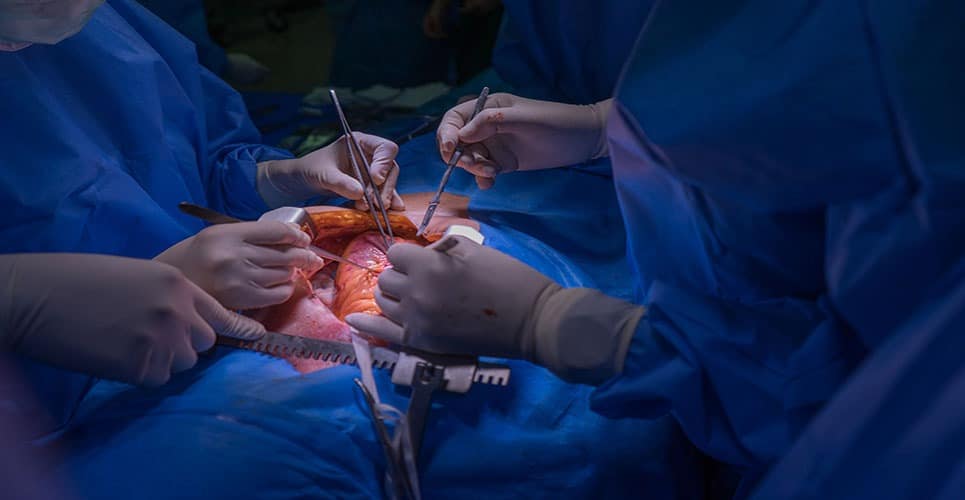
A pancreas transplant is a complex procedure to replace a dysfunctional pancreas. It costs over $400,000 on average in the United States. Nearly 1,000 pancreas transplants occur annually for patients suffering from type 1 diabetes, pancreatitis, or pancreatic cancer.
The pancreas is an essential gland that regulates blood sugar and digestive enzymes. When diseased, insulin production becomes impaired, resulting in diabetes. Transplanting a healthy pancreas can essentially cure diabetes by restoring normal insulin secretion.
The surgery grafts a deceased donor’s pancreas into the patient’s body, connecting it to blood vessels and the small intestine. With a 90% success rate, the transplanted pancreas can fully replace the defective organ’s endocrine and digestive functions.
6. Kidney
Average Transplants Per Year: 42,800 (2022)
Success Rate: 96.12%
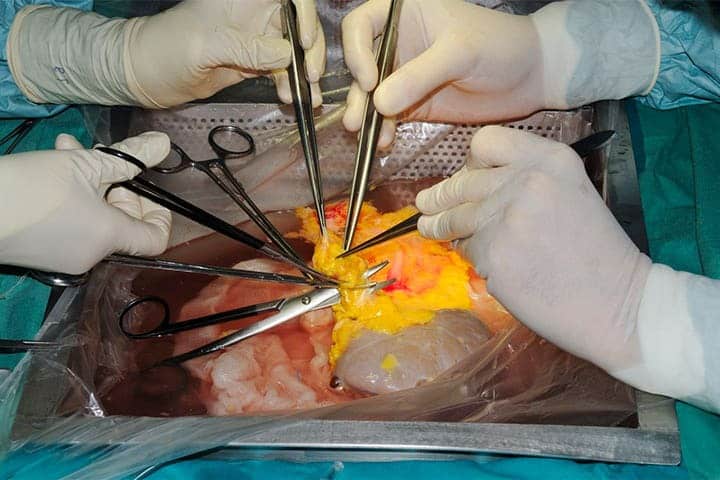
Kidney transplantation is the most common organ transplant surgery performed in the United States. In 2022, around 42,800 kidney transplants took place, with a 96% success rate.
However, demand exceeds availability, as thousands die waiting for a donor’s kidney each year. Patients must get a referral from a nephrologist, undergo medical evaluations, and join the national waiting list, where average wait times extend 3-5 years. The surgery itself costs over $400,000 on average.
This covers donor organ procurement, hospital admission, operating room expenses, surgeon and staff fees, and post-operative immunosuppressant medications for those eligible, receiving a donor kidney offers renewed well-being and longevity from end-stage renal disease.
5. Liver
Average Transplants Per Year: 9,234 (2021)
Success Rate: 90.9%
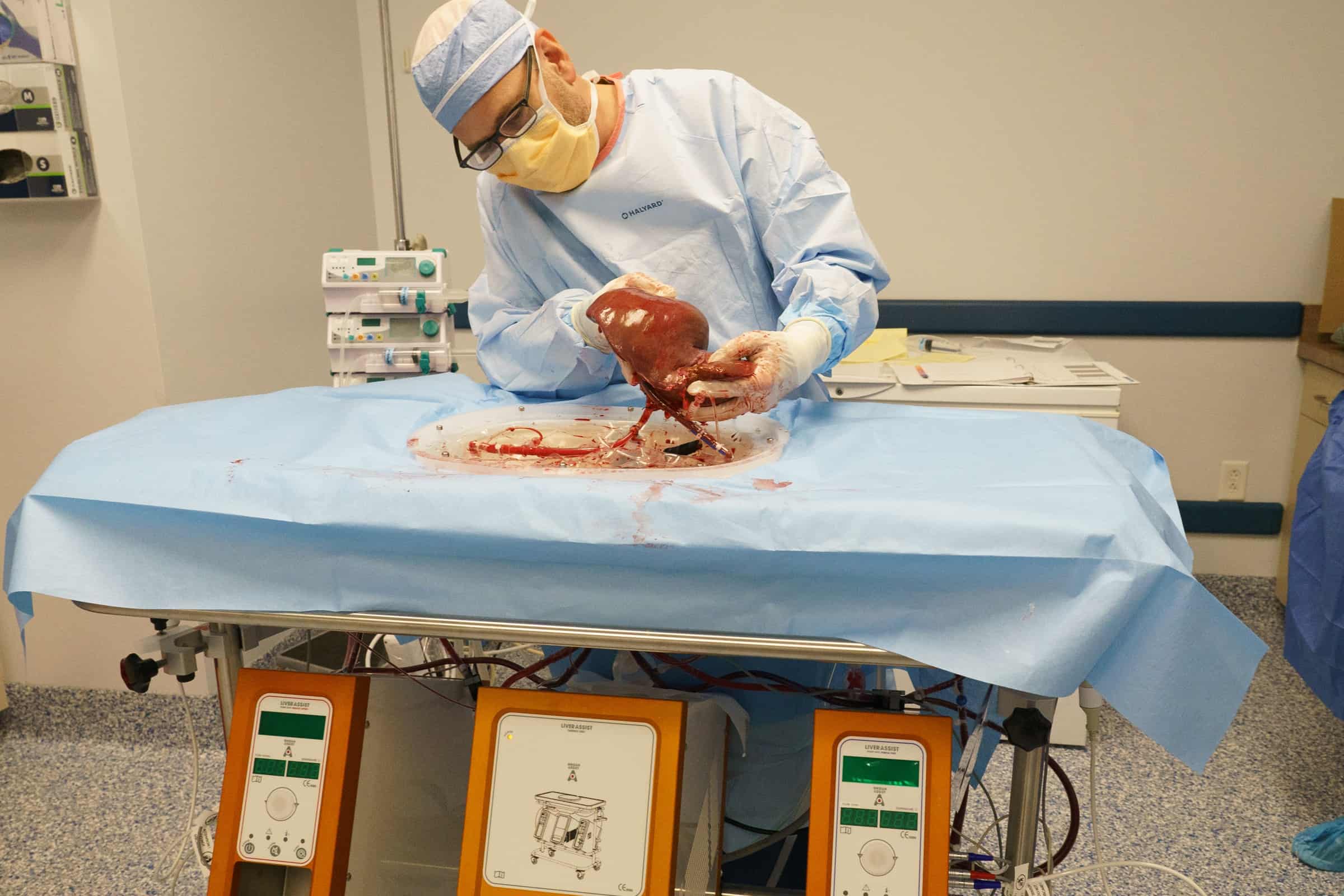
A liver transplant is another high-cost, lifesaving operation for those with terminal liver illness or hepatic malignancies, priced at more than $800,000. Annually, approximately 9,000 liver transplants take place in the United States, offering a 90% rate of positive outcomes.
The liver performs essential metabolic and detoxification roles, so liver failure is fatal without replacement. Transplant eligibility hinges on factors like liver function, other health conditions, and alcohol/drug abstinence commitments for those with associated diseases.
When approved, patients join the waiting list to receive a deceased donor organ or seek out a living donor. The surgery itself poses complications but allows the transplanted liver to integrate into the recipient’s circulatory system successfully restoring vital functions.
4. Lungs
Average Transplants Per Year: 2,569 (2021)
Success Rate: 88.25%
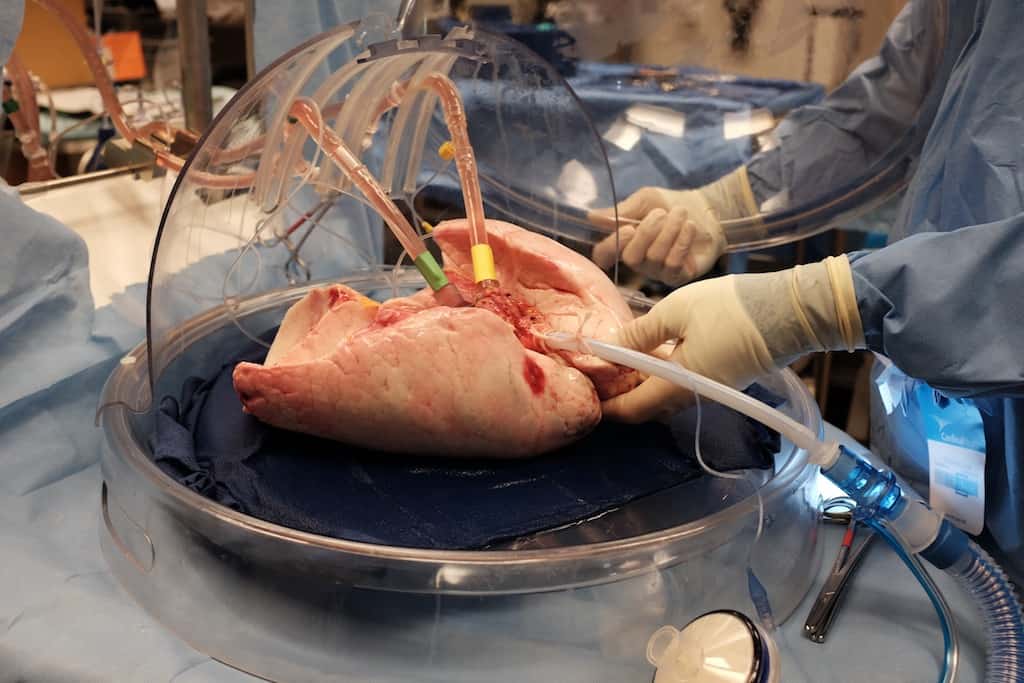
Primarily, lung transplants are intricate procedures averaging over $860,000 in fees. Roughly 2,500 are completed annually across the U.S. with a notably high success percentage nearing 90%.
The procedure is an extremely high-risk yet rewarding treatment option for patients with end-stage lung disease who have exhausted all other medical alternatives. Because transplanted lungs are so fragile, average post-surgery life expectancy is just 4 to 6 years, i.e. shorter compared to other solid organ replacements.
Still, for terminal respiratory failure patients, transplantation provides renewed lung function and staves off suffocation even if only briefly extending survival beyond traditional disease prognosis.
3. Bone Marrow
Average Transplants Per Year: 4,276 (2021)
Success Rate: 79% (3 years after transplant)
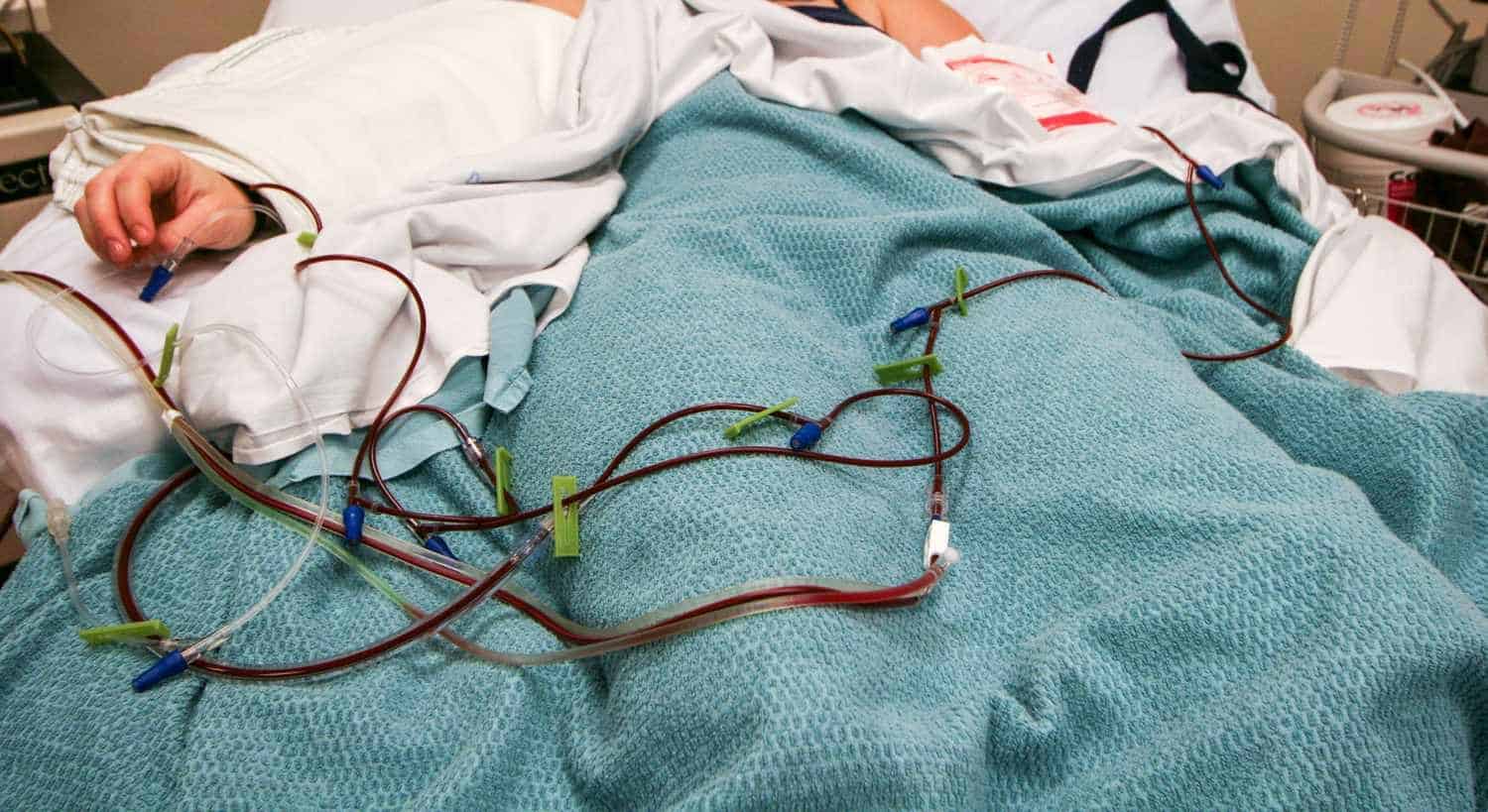
In the United States, over 4,000 bone marrow transplants occur annually at specialized transplant centers with extensive expertise. The risky, intricate process involves harvesting healthy hematopoietic stem cells from a genetically compatible donor’s bone marrow, usually a relative, to transplant into the patient after chemotherapy or radiation eradicates their diseased cells.
The grafted donor cells regenerate the recipient’s blood and immune system. However, the vulnerable patient requires extended isolation during 3-4 week hospitalization to safeguard against complications like infection or organ damage.
While intensive aftercare is imperative, bone marrow transplantation provides the greatest odds for rebuilding healthy blood cell lines when few treatments exist for such malignant blood conditions.
2. Intestine
Average Transplants Per Year: 96 (2021)
Success Rate: 88% (3 years after transplant)
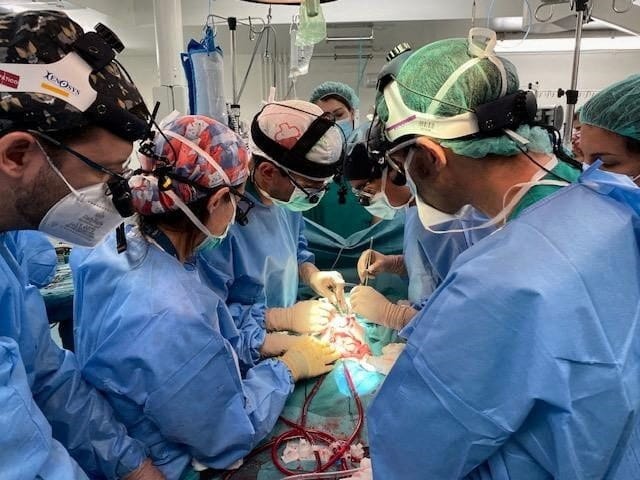
Only around 100 intestine transplants occur in the U.S. yearly. The main candidates are those impaired by short bowel syndrome or who cannot obtain sufficient nutrition absorption without total parenteral feeding lines.
Historically performed more often in children, pediatric cases have declined as intestinal rehabilitation techniques progress. Now adults predominantly undergo transplantation.
With advancements in surgical precision, infection control, and anti-rejection medications, 1-year post-transplant survival rates approach an impressive 80-90% in specialized centers. Still, finding a suitable deceased donor match and high complication rates make candidacy strict.
1. Heart
Average Transplants Per Year: Approx. 3,817 (2021)
Success Rate: 96.89%
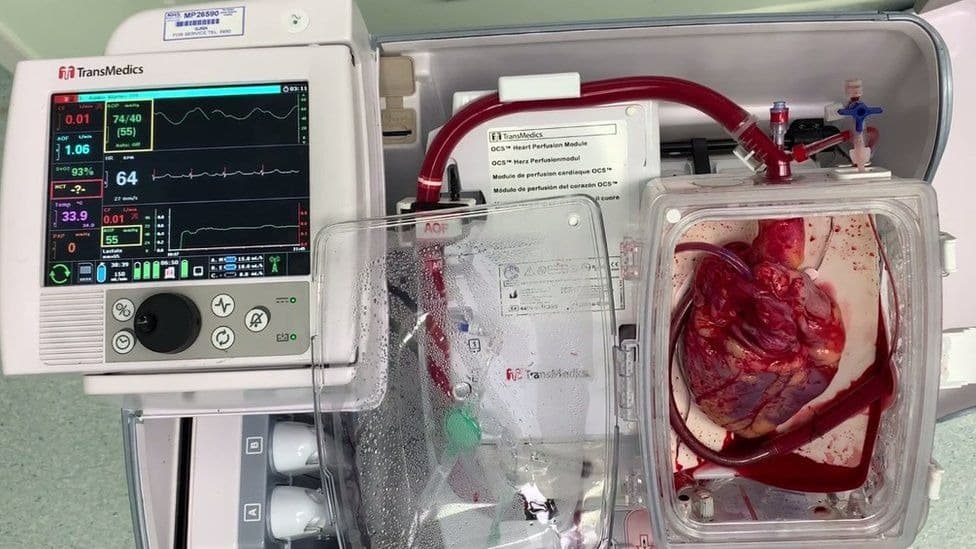
Heart transplantation is deemed the gold standard treatment for end-stage heart failure. However, the complex open-heart surgery has a price tag upwards of $1.4 million, making it the most expensive transplant procedure. Over 3,800 heart transplants are conducted annually in the U.S. with excellent outcomes, as evident by the 96.89% one-year survival rate post-surgery.
Advancements in organ matching, surgery techniques, and anti-rejection medications have also extended typical post-transplant longevity to 15-20 years, with some recipients exceeding 30+ years. Still, heart transplants pose open-heart surgery risks like bleeding or stroke. And immunosuppressant therapy is mandated lifelong to prevent organ rejection.
